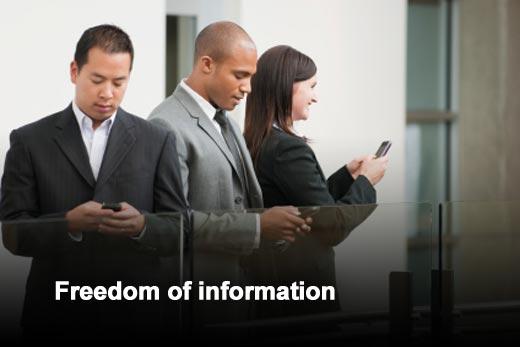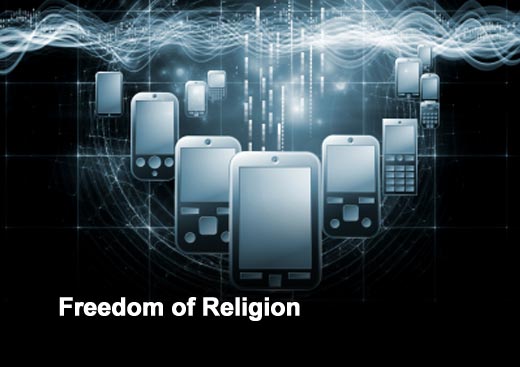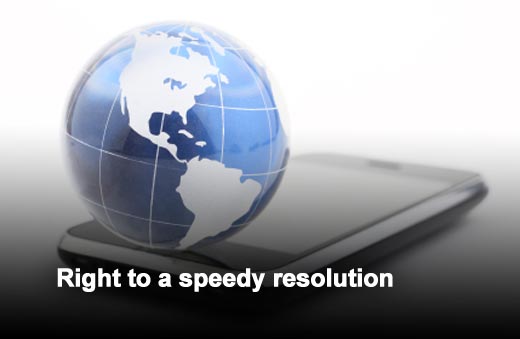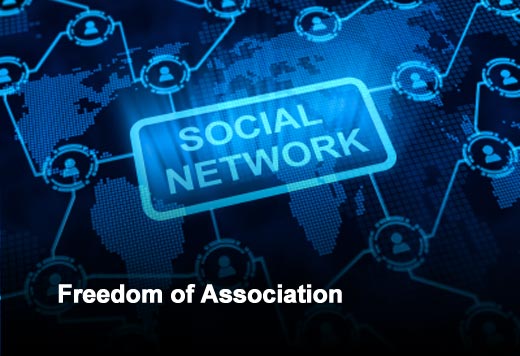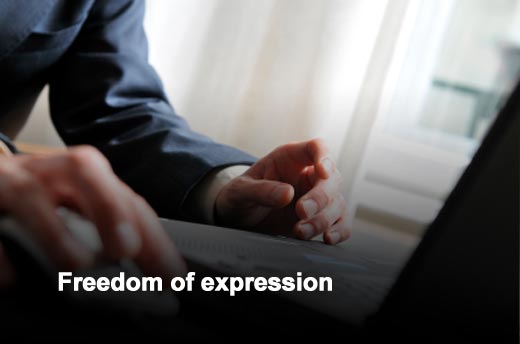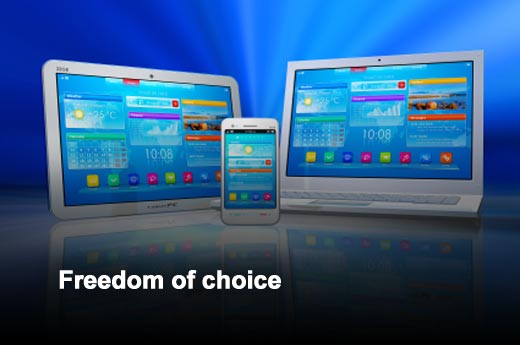
If that continues at the current rate, not only will that rift become harder to heal, but the role the IT department plays inside the organization could be recast in a way that sharply reduces its relevance. In order to prevent that from happening, the folks at Unisys have come up with an IT Bill of Rights for end users that IT organizations should seriously think about ratifying. It won’t be easy, especially when it comes to security and compliance issues. But the days when the IT organization could just say “no” and expect every user to fall in line are now clearly behind us, giving rise to the need for a new compact between IT and the people they are supposed to serve.
Click through for an IT Bill of Right for end users that IT organizations should seriously think about ratifying, as identified by Unisys.
The People shall have the freedom to create and store data once and access it anywhere through any device without threat of security breach.
The People shall have the right to “bare arms” — that is, not to be burdened by carrying multiple, redundant devices such as a corporate laptop, a corporate smartphone, a personal smartphone, etc.
The People shall not be encumbered in acquiring devices using Apple, Android, Windows or other technologies to which they have a religious attachment.
The People’s personal data must be safeguarded when they are using their personal devices for company activities.
The People shall not be required to report their identity unnecessarily. They should be able to log in once and use that single sign-on for all their work activities.
When the People have problems with their mobile devices, they have the right to speedy and remote resolution of their problems. The service desk that supports them should proactively identify and fix potential problems unseen and unheard, with minimal need for input from the People.
The People shall have the right to use social tools to enhance internal collaboration and customer service.
The People shall not have to succumb to painful, unattractive user interfaces or out-of-date enterprise applications. The People should have access to regular updates that ensure efficient and fast access to critical information and services.
The People shall have the freedom to easily publish and share innovative and creative ideas with others in their workgroup, geography or company.
The Enterprise shall devolve upon the People the right to choose for work the form factor — smartphone, tablet, laptop — or software tool that they deem makes them most productive.



